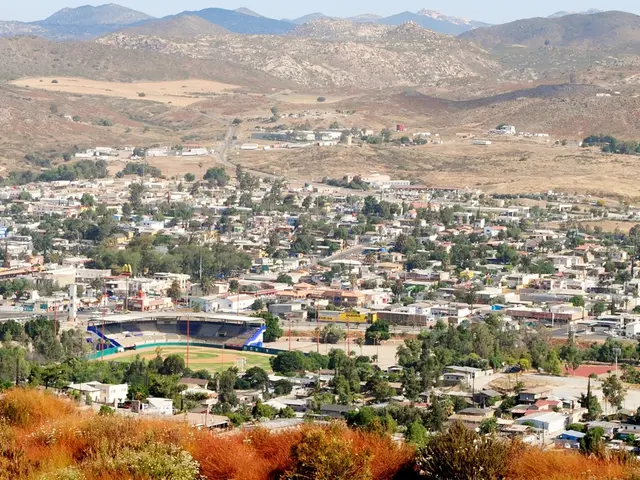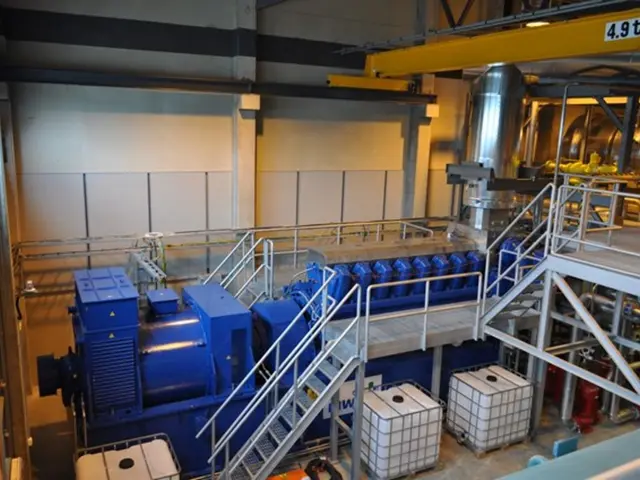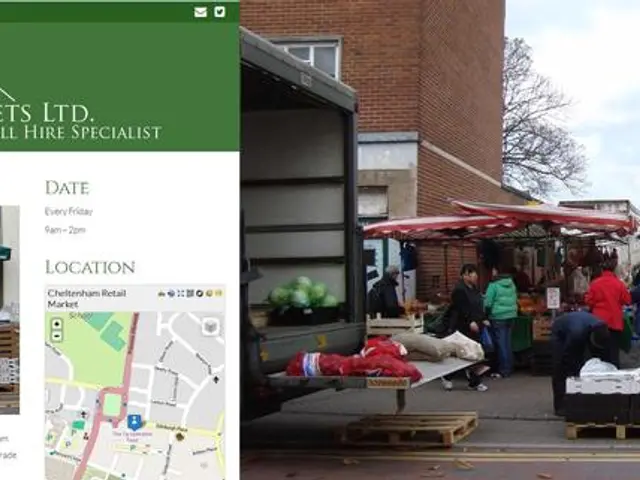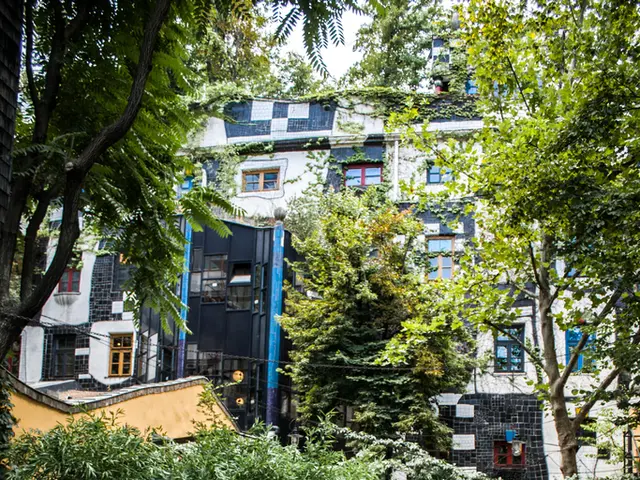Applying for Malta's Digital Nomad Visa: A 3-Step Guide
Malta, a sun-drenched island nation in the Mediterranean, has joined the ranks of several European countries offering a digital nomad visa. This new residence permit is designed for remote workers, business owners, and freelancers seeking to relocate to Malta.
To qualify for the Malta digital nomad visa, applicants must meet certain criteria. They must demonstrate an annual income of at least €42,000 (gross tax) and provide proof of income and bank statements from the last three months. The application process is straightforward, requiring a valid passport, proof of remote income, and a completed application.
Once approved, the Malta digital nomad visa allows its holders to travel in the Schengen Area for 90 days out of every 180. It's important to note that the visa does not lead to permanent residency, but there is a separate Malta Permanent Residency Programme for those interested.
One of the key benefits of the Malta digital nomad visa is the flat tax rate of 10% on income earned outside of Malta. In a recent development, Malta finalized its tax regime for digital nomads, with the first 12 months of living in Malta with the Nomad Residence Permit exempt from local income tax. After the first year, a flat tax rate of 10% applies for remote workers earning their income from a company or clients located outside of Malta.
Malta offers a host of advantages for digital nomads, including a 5G network, optimal wifi speeds, and comfortable coworking spaces and cafes. The island enjoys 300 days of sunshine throughout the year, making it an appealing destination for those seeking a warm and welcoming environment.
Applicants can bring their pets as long as they meet the entry requirements. Remote workers can also bring their families, with the option to stay for up to a year, and the possibility to renew for up to four years. Family members visiting Malta are generally allowed to stay for up to 90 days within a 180-day period without a visa, consistent with Schengen rules; longer stays require appropriate residence permits or visas depending on the specific immigration program.
To renew the Malta digital nomad visa, remote workers must spend at least five consecutive months in Malta in one year, or at least three cumulative months if holding a six-month visa. The application fee for the Malta digital nomad visa is minimal at €300.
With its favourable tax regime, sunny climate, and welcoming atmosphere, Malta presents an attractive option for digital nomads looking for a new base in Europe.








